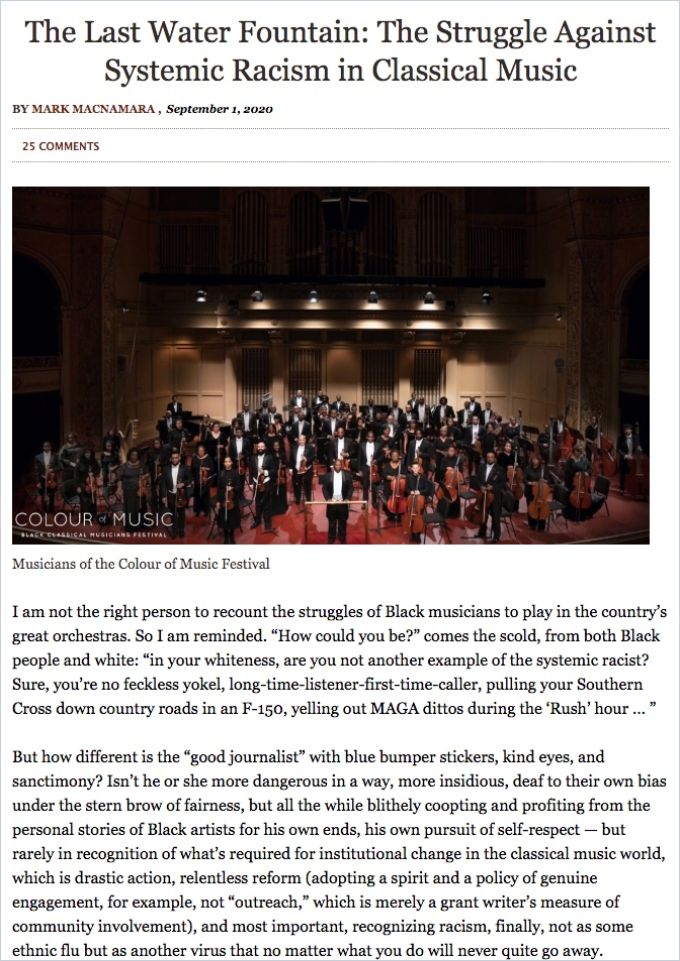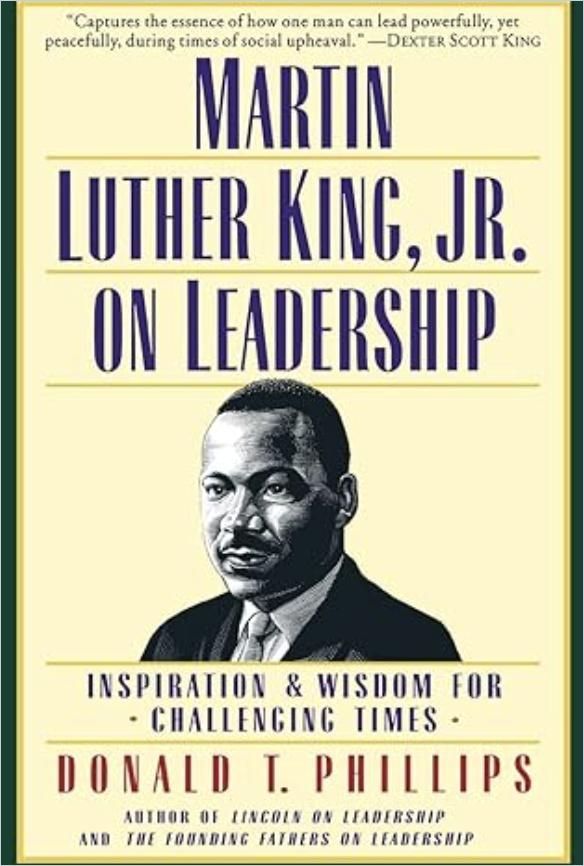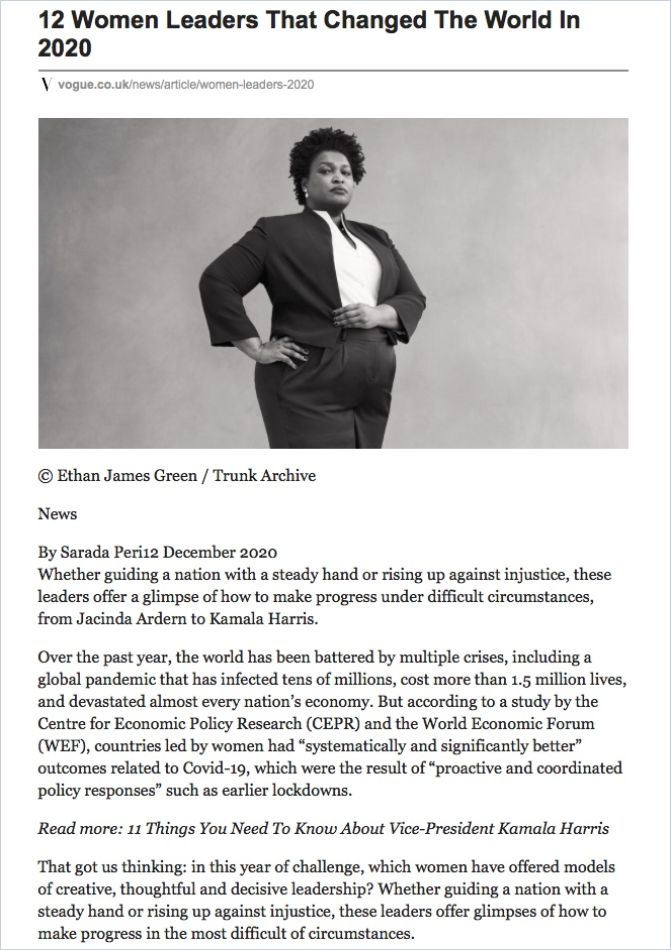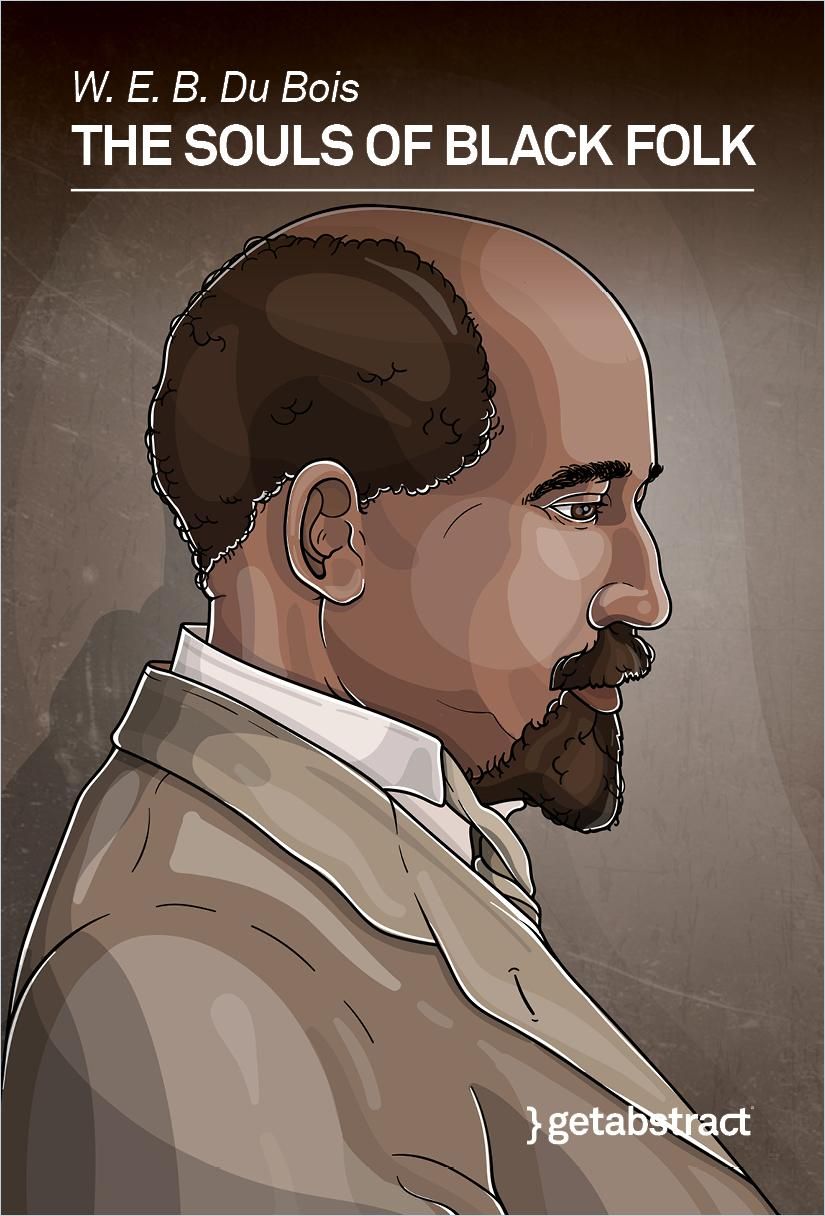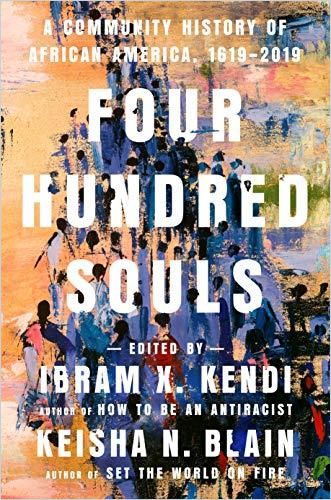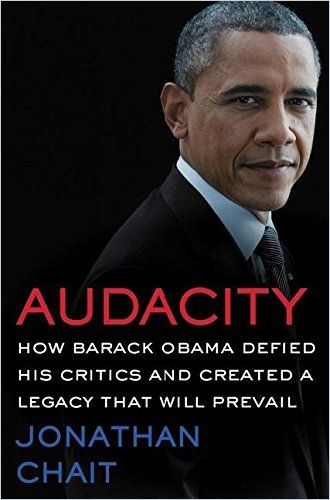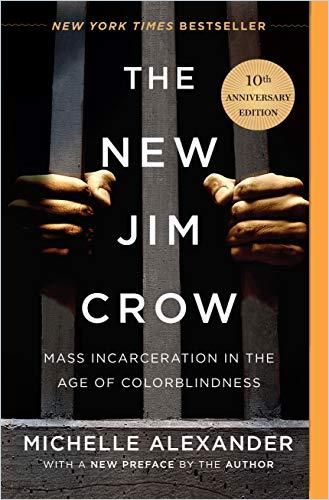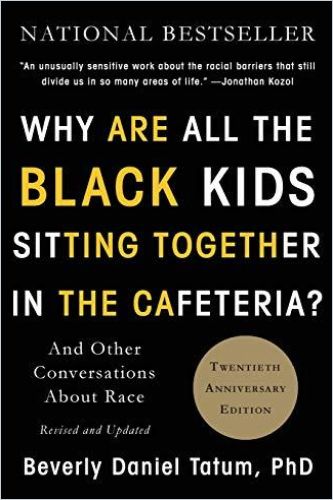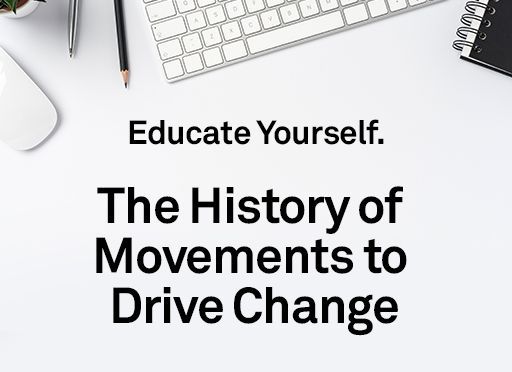Focus on Black Leadership

Americans celebrate Martin Luther King, Jr. Day in January and Black History Month in February. It’s a chance to look back on the long, unique journey of American history and acknowledge the sacrifice across the decades of leaders who worked to make the United States a more just country for all.
Civil Rights Leaders
Martin Luther King Jr. and Malcolm X were iconic leaders of the US civil rights movement. In The Sword and the Shield, author Peniel E. Joseph profiles both men, comparing and contrasting their influences, their growing political awareness, and their overarching ideas that inspired a successful push for social change and equal justice for Black Americans, including passage of the landmark Civil Rights Act of 1964.

Both men emphasized “radical Black citizenship,” the recognition that full participation in society is more than just the absence of discrimination. Their struggle for equal access to the ballot box continues today, with organizations like Color of Change taking up the leadership mantle.
A genuinely seismic event in American history, the Birmingham protests cleaved the nation in two, forcing citizens of all backgrounds to take honest measure of the intersection between race and democracy in national life.
Peniel E. Joseph
Martin Luther King, Jr., Malcolm X and other leaders of the Civil Rights movement built upon the work of earlier movement leaders including Frederick Douglass, a former slave who led the fight for Black freedom in the 19th century, during the Civil War and subsequent struggle for voting rights, finally added to the Constitution for Black men in 1870.
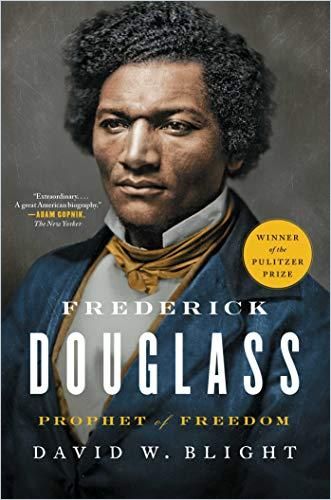
Historian David W. Blight brings Douglass’s compelling journey to political leadership to vivid life in Frederick Douglass. Douglass was also an early feminist advocate.
In nearly every waking hour, if with people, he provided the object for their curiosity and gaze: He had to be the Black man who was really a pleasing brown and partly white, the slave who was also so eloquent, the genius that bondage could not destroy, the embodiment of a story that kept on giving.
David W. Blight
Noted scholar and author Ibram X. Kendi illustrates in Stamped from the Beginning the way racism marred the US democratic experiment from the country’s founding. Kendi shows racists in every era shaped the political reality that keeps segregation and discrimination in place, no matter the letter of the law.
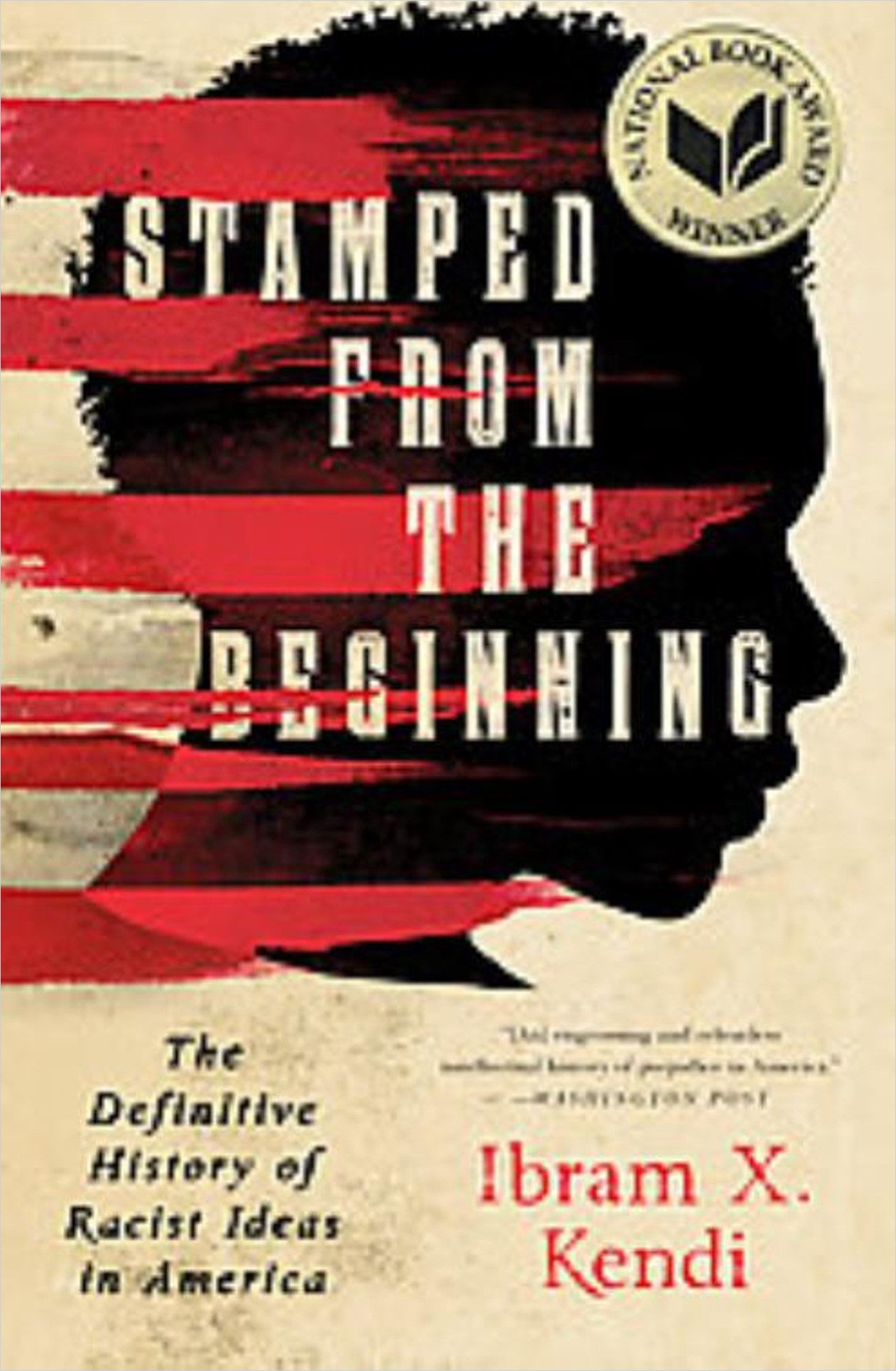
Kendi’s book, a National Book Award winner, is currently one of the most frequently banned books from public libraries and schools. A Scene on Radio podcast, Seeing White looks at racism through the history of constructing white supremacist ideology.
It is in the intelligent self-interest of white Americans to challenge racism, knowing they will not be free of sexism, class bias, homophobia, and ethnocentrism until Black people are free of racism.
Ibram X. Kendi
In Black Software, media and culture scholar Charlton McIlwain recounts the history of the Civil Rights movement within a history of digital transformation in the United States that, once again, left Black communities out.
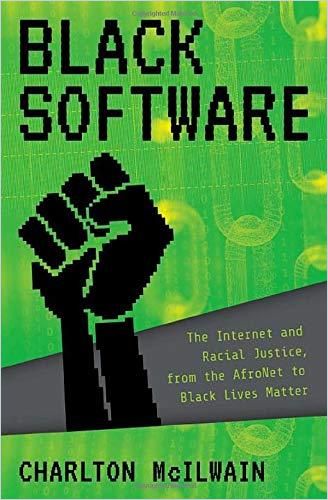
In the 1970s, as the computing industry exploded, elite universities like MIT walled off access to computer sciences to students of color. At the same time, they worked with companies like IBM to develop law enforcement surveillance systems that contributed to abusive and discriminatory policing in Black communities that continues today.
The computer stood somewhere between Black people’s intractable strivings to gain access to opportunity, and white America’s stubborn and belligerent refusal to grant it.
Charlton McIlwain
But by the 1990s, several Black tech entrepreneurs pioneered software to connect Black people to the internet and to each other. Software engineer Malcolm Cassell and lawyer E. David Ellington founded NetNoir, which provided Black content for AOL in the early days of the World Wide Web.
Economic Leadership
In The Color of Money, author Mehrsa Baradaran explores US government policies that fed into the economic discrimination of Black communities. For example, New Deal programs designed to uplift all Americans during the Great Depression largely didn’t affect Black citizens.
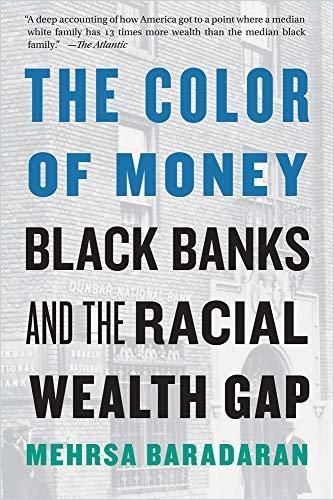
Out of necessity, African-American communities pioneered “circular economies” writes Douglas Rushkoff. Shut out of labor unions and discriminated against by moneylenders, they used their collective wealth to invest in their own communities.
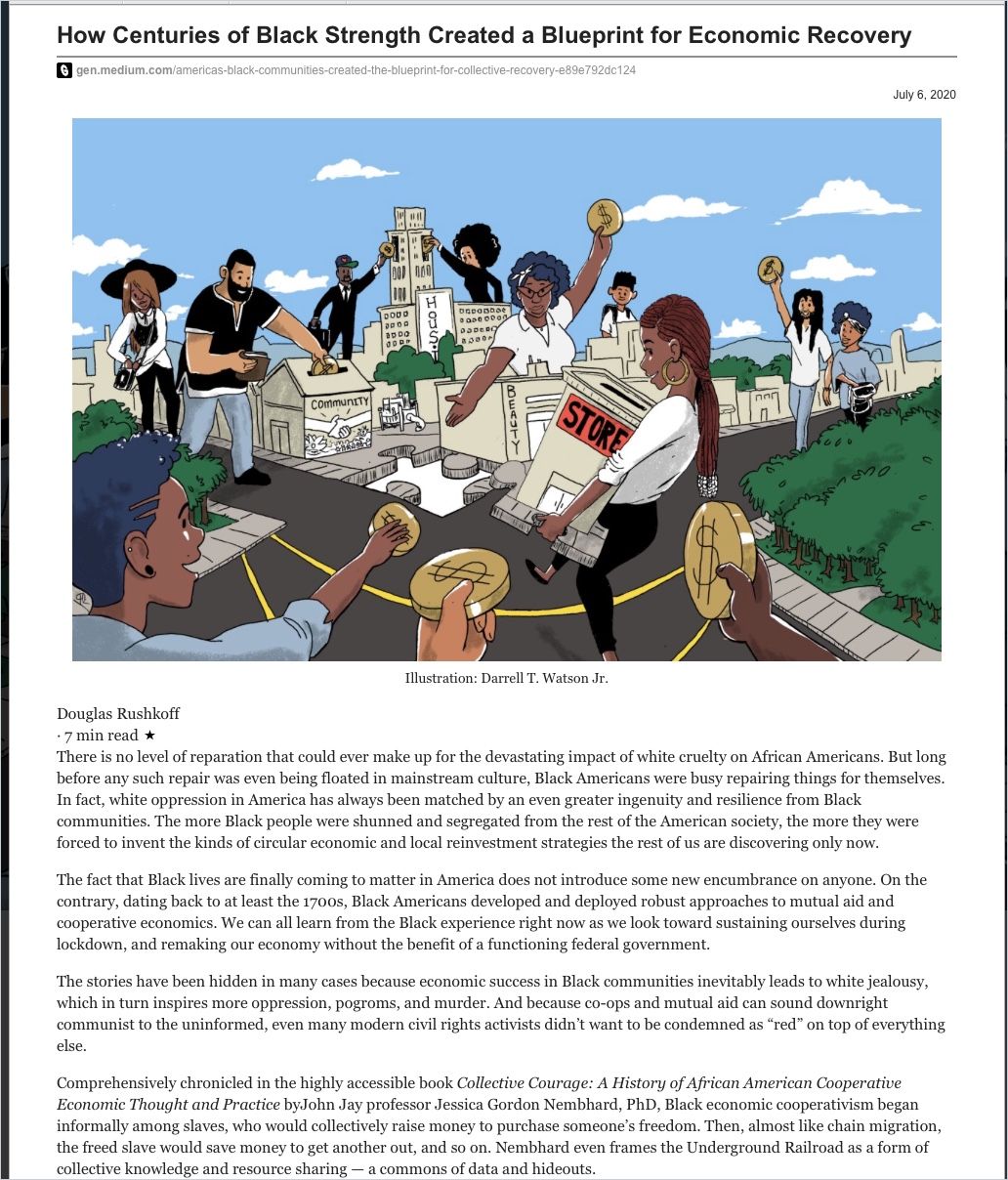
How Centuries of Black Strength Created a Blueprint for Economic Recovery
MediumIn 2020, the Black Lives Matter movement borrowed the idea of mutual aid societies to set up a National Bail Fund Network for people arrested during political protests.
The wealth gap is where historic injustice breeds present suffering.
Mehrsa Baradaran
In deeply segregated post-World War II America, Pepsi took notice of the burgeoning economic power of Black Americans, recounts Stephanie Caparell in The Real Pepsi Challenge, and began a marketing campaign targeting them, hiring a team of African-American executives, a first in corporate America. Other companies quickly followed suit.

Robert L. Johnson started Black Entertainment Television (BET) in 1979 for $15,000 and made savvy deals to build his subscriber base over the next decades with powerful players including HBO. In 1991, he took BET public, the first Black-owned company on the New York Stock Exchange, then bought back stock to regain fiscal control in 1997. Viacom acquired BET in 2000, and Johnson became the first African-American billionaire. Entertainment entrepreneur Tyler Perry started out “poor as hell,” but, inspired by Oprah Winfrey’s success through maintaining ownership of her own work, he built a media empire defying every Hollywood convention while retaining ownership of all his own intellectual property.
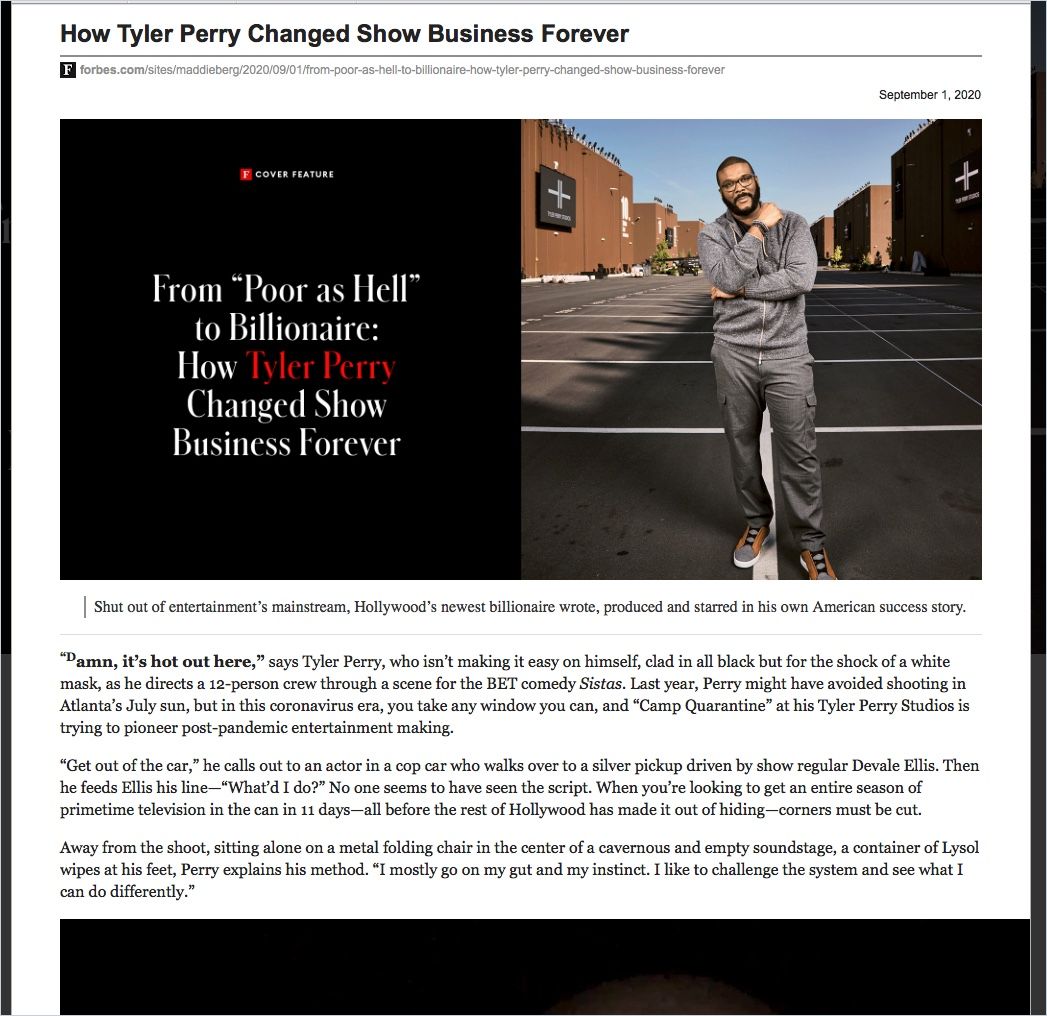
From “Poor as Hell” to Billionaire: How Tyler Perry Changed Show Business Forever
ForbesPerry built a 330-acre film production studio in Atlanta from which he creates his films and TV series. He recently made a deal with ViacomCBS worth $150 million yearly plus an equity stake in BET+ streaming service to produce content. Forbes estimates he’s now a billionaire.
The very fact that I am here on this land, the very fact that hundreds of people – Black and brown people – come here to make a living, that is effecting change.
Tyler Perry
Authors of a Cornerstone Capital Group report, “Investing to Advance Racial Equity,” chart the roots of systemic racism and its contribution to growing wealth inequality in the United States. They recommend, in addition to higher education, access to capital, especially for home ownership which contributes to wealth-building across generations.
Leading for the Future
In “Science in America,” celebrated astrophysicist Neil deGrasse Tyson speaks out in defense of the scientific method.

Tyson warns about the illogic and dangers of those standing in opposition to science, especially those in power. As the world becomes increasingly reliant on technology, the need for Americans to be more “scientifically literate” so they can make informed choices only increases.
As Jonathan Chait points out in Audacity, during his time in office, former US President Barack Obama greatly increased wind and solar power in the country. An outspoken respecter of science and staunch advocate for aggressively confronting the climate crisis, Obama ably makes the business case for continuing the transition to renewable energy in “The Irreversible Momentum of Clean Energy.”
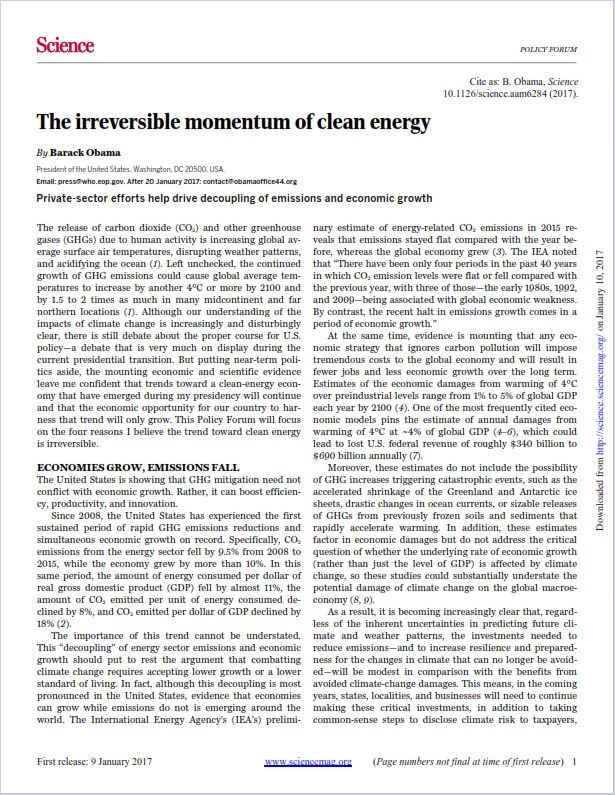
Obama publicly grappled with cutting-edge technological issues, including the ethical proliferation of artificial intelligence, and pushed for greater federal investments in science education. He wanted to be sure that the technological advancements of the era, as well as the windfalls, benefit all people, regardless of socioeconomic status.
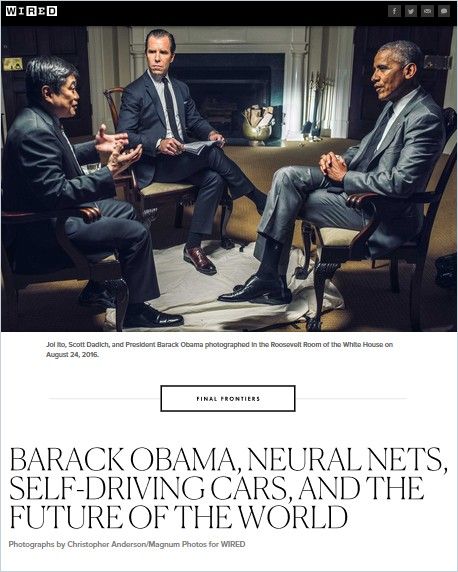
Barack Obama, Neural Nets, Self-Driving Cars, and the Future of the World
WiredThis should not be a partisan issue. It is good business and good economics to lead a technological revolution and define market trends.
Barack Obama
Read more from our library about Black leadership:
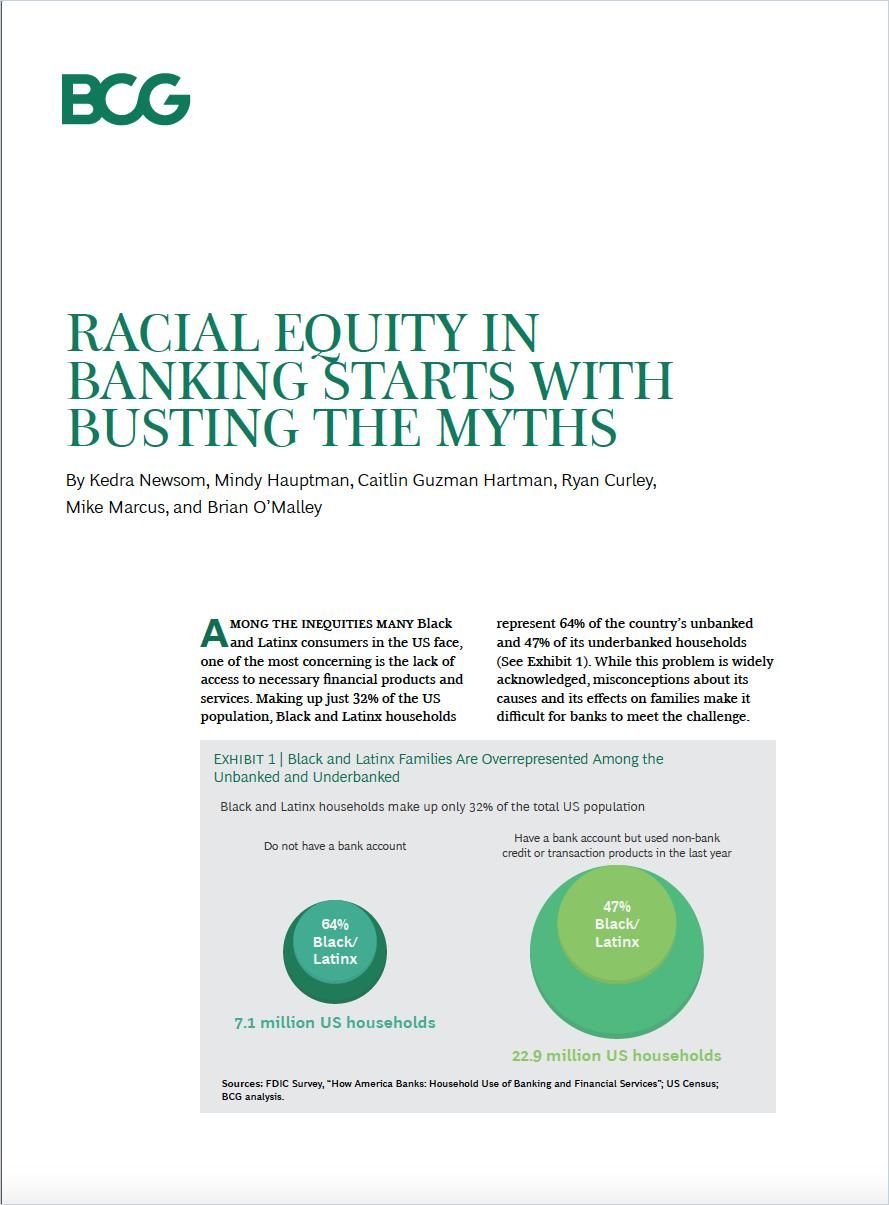
Racial Equity in Banking Starts with Busting the Myths
Boston Consulting Group Read Summary